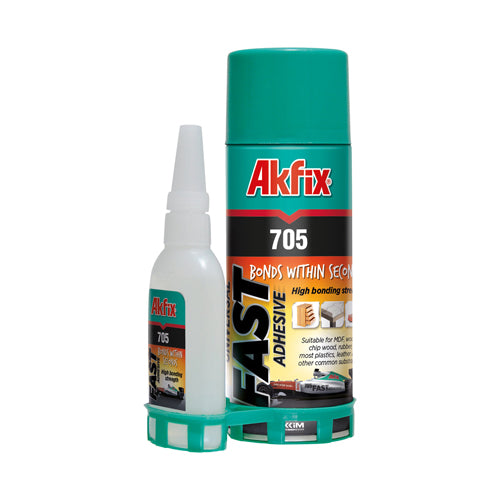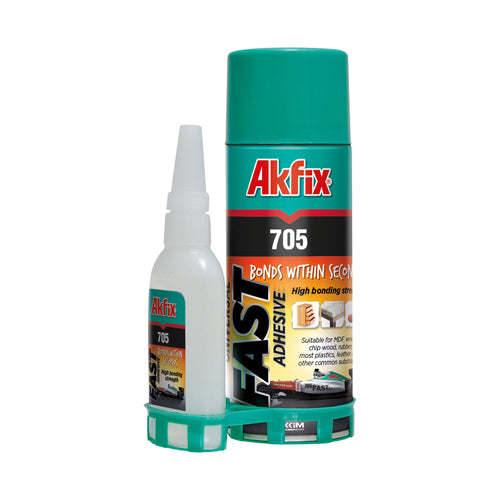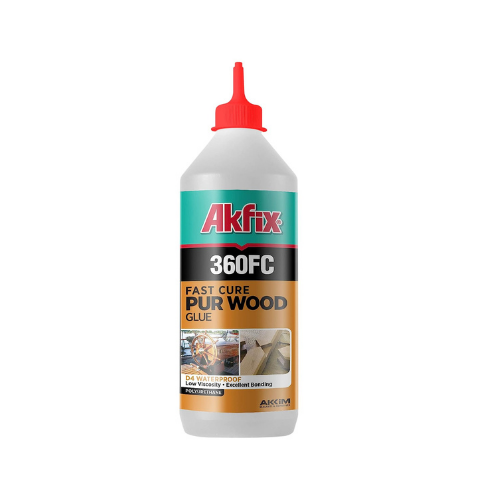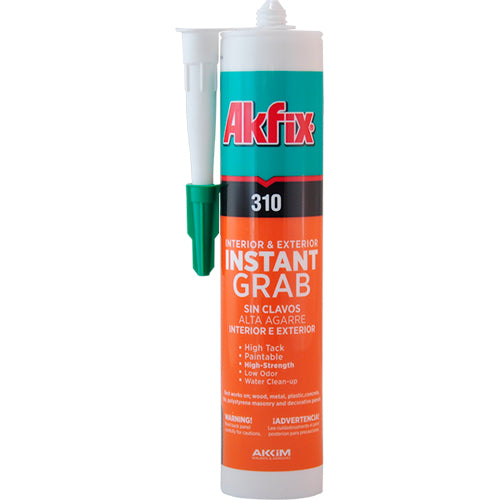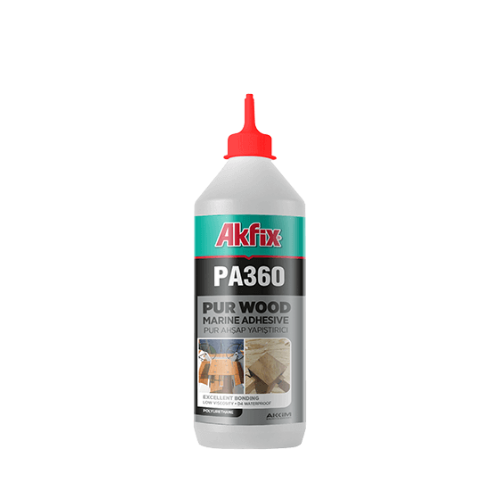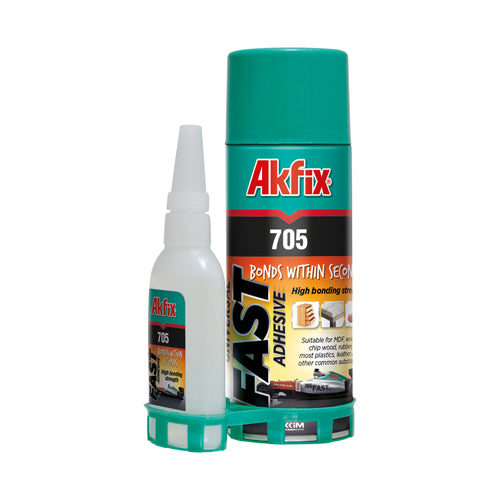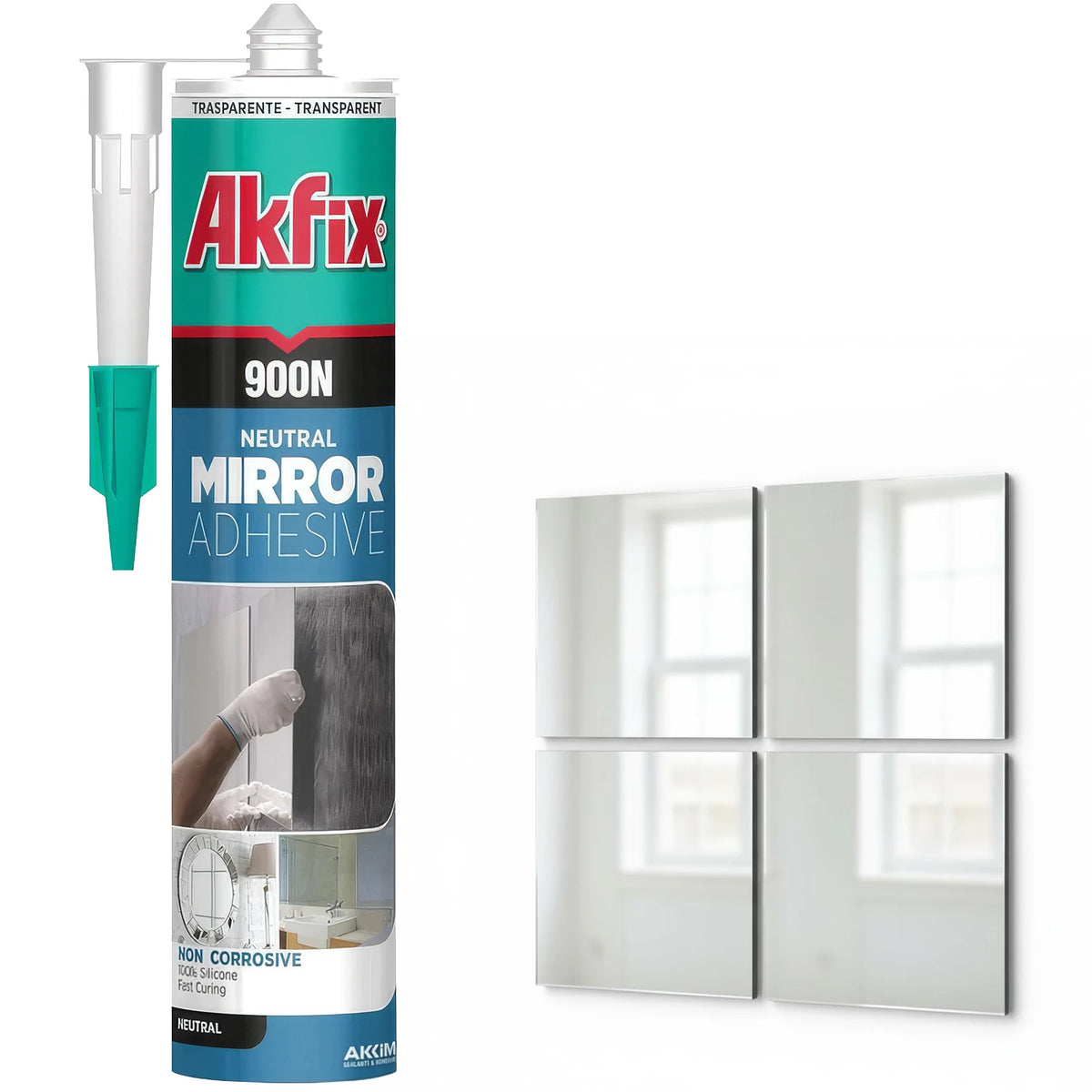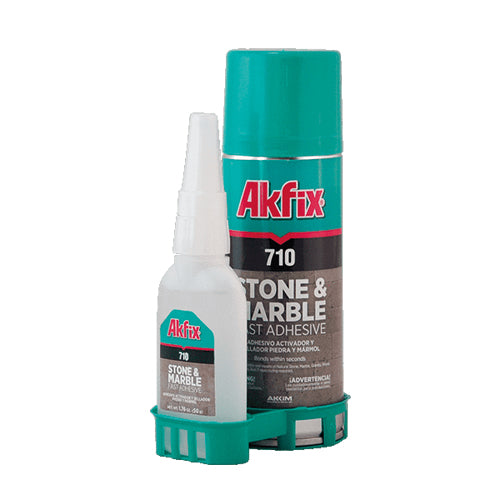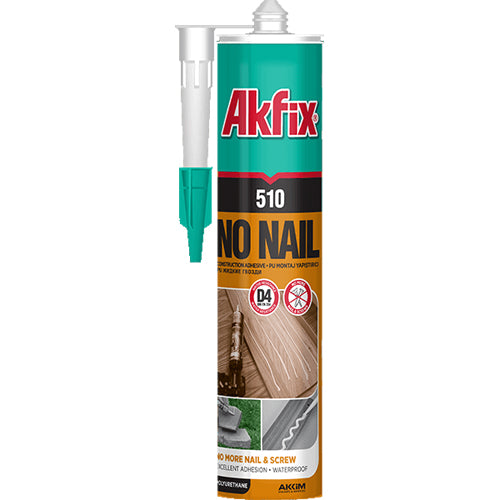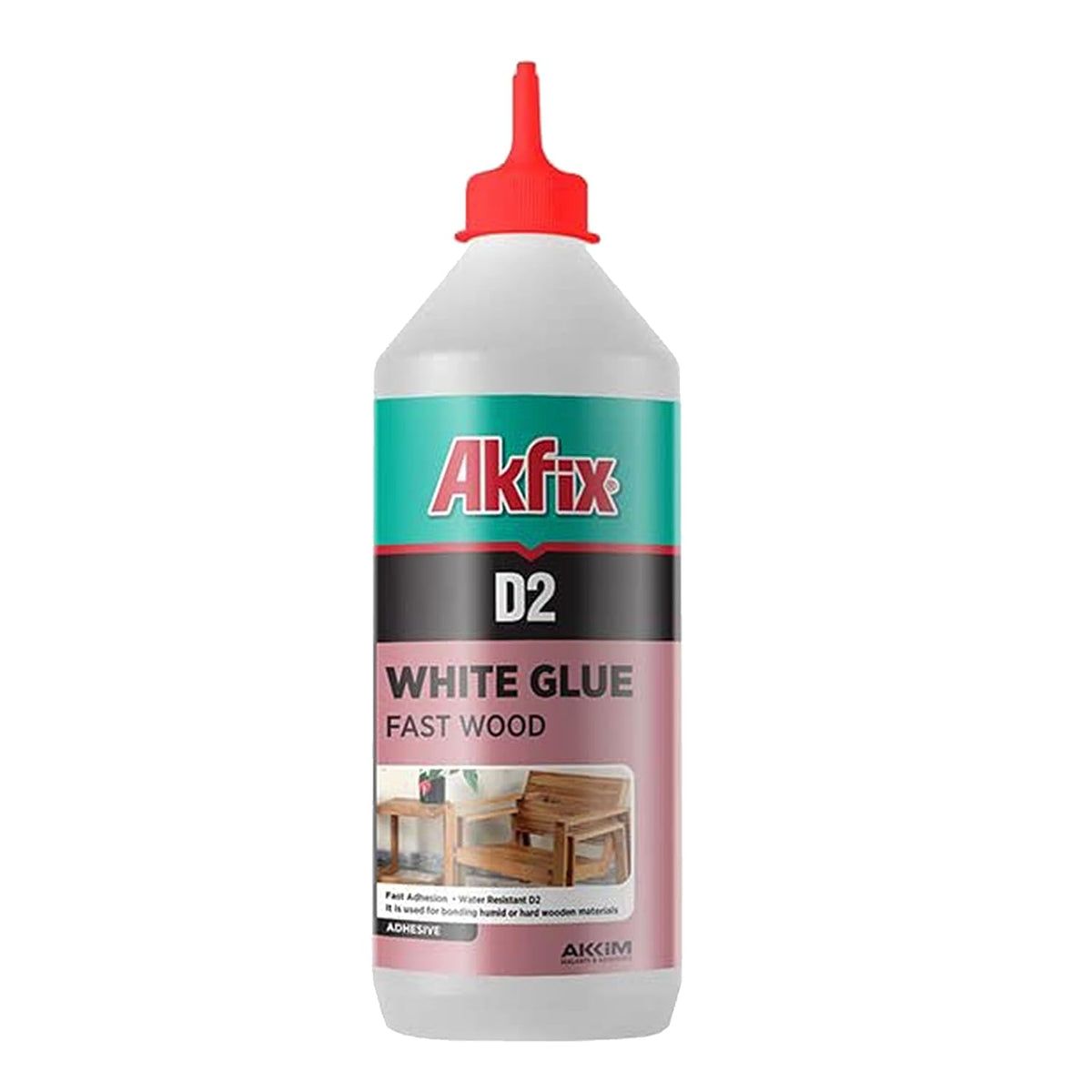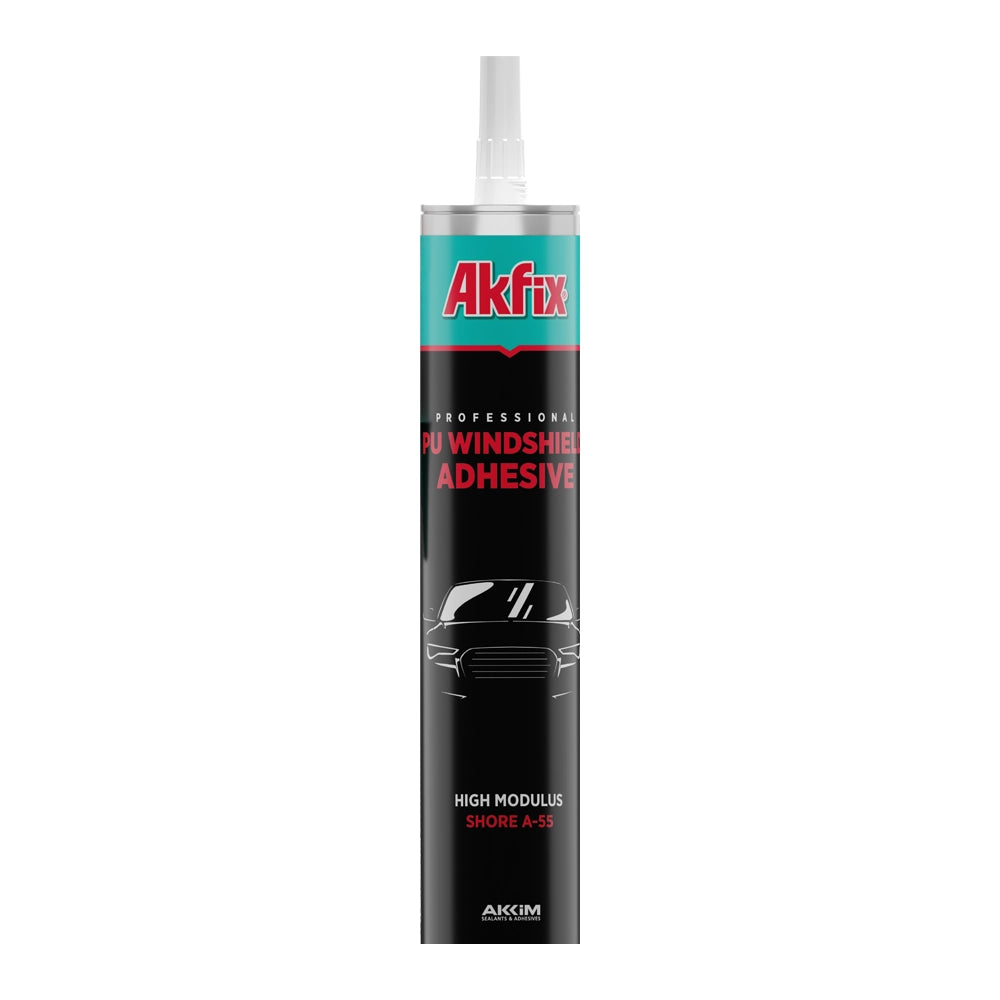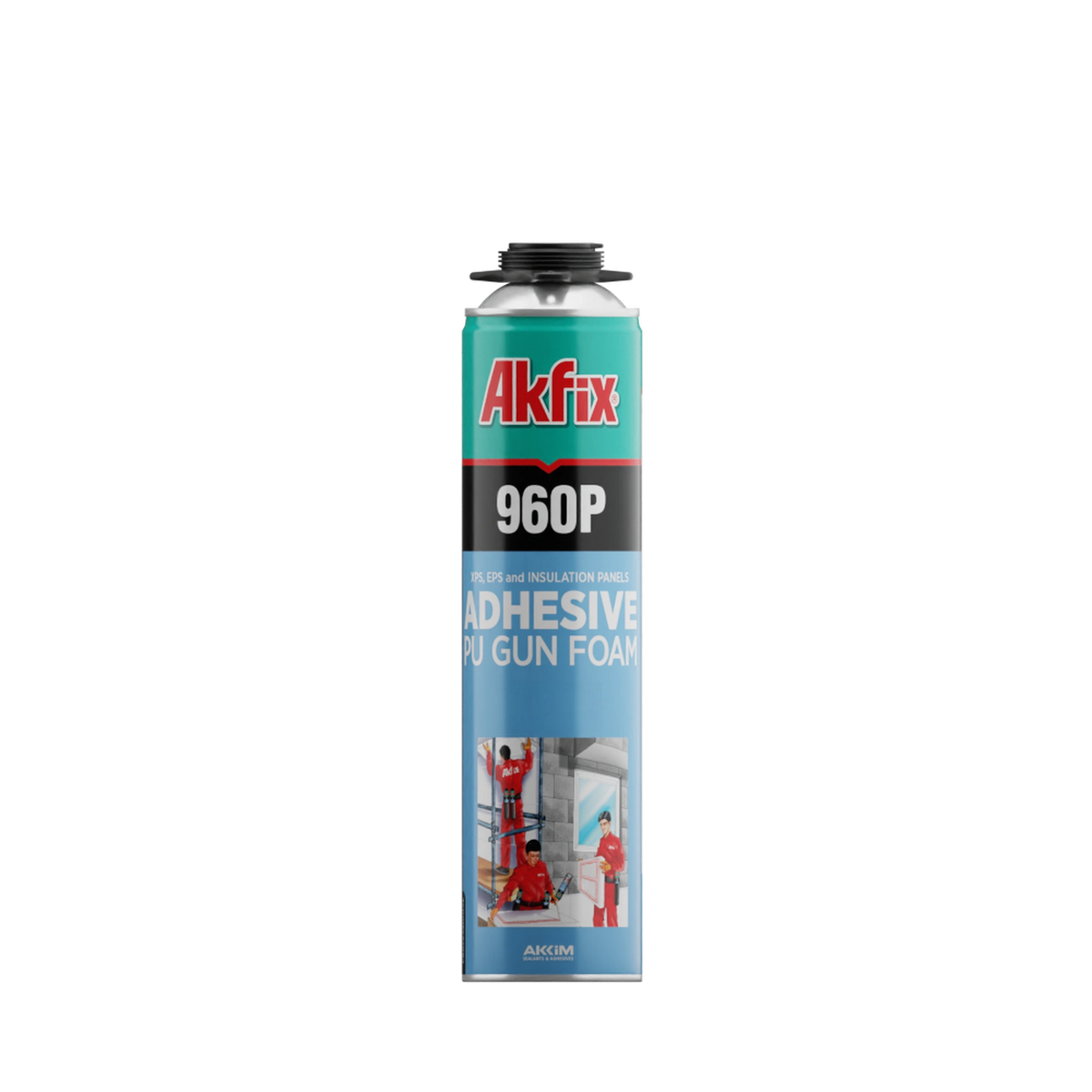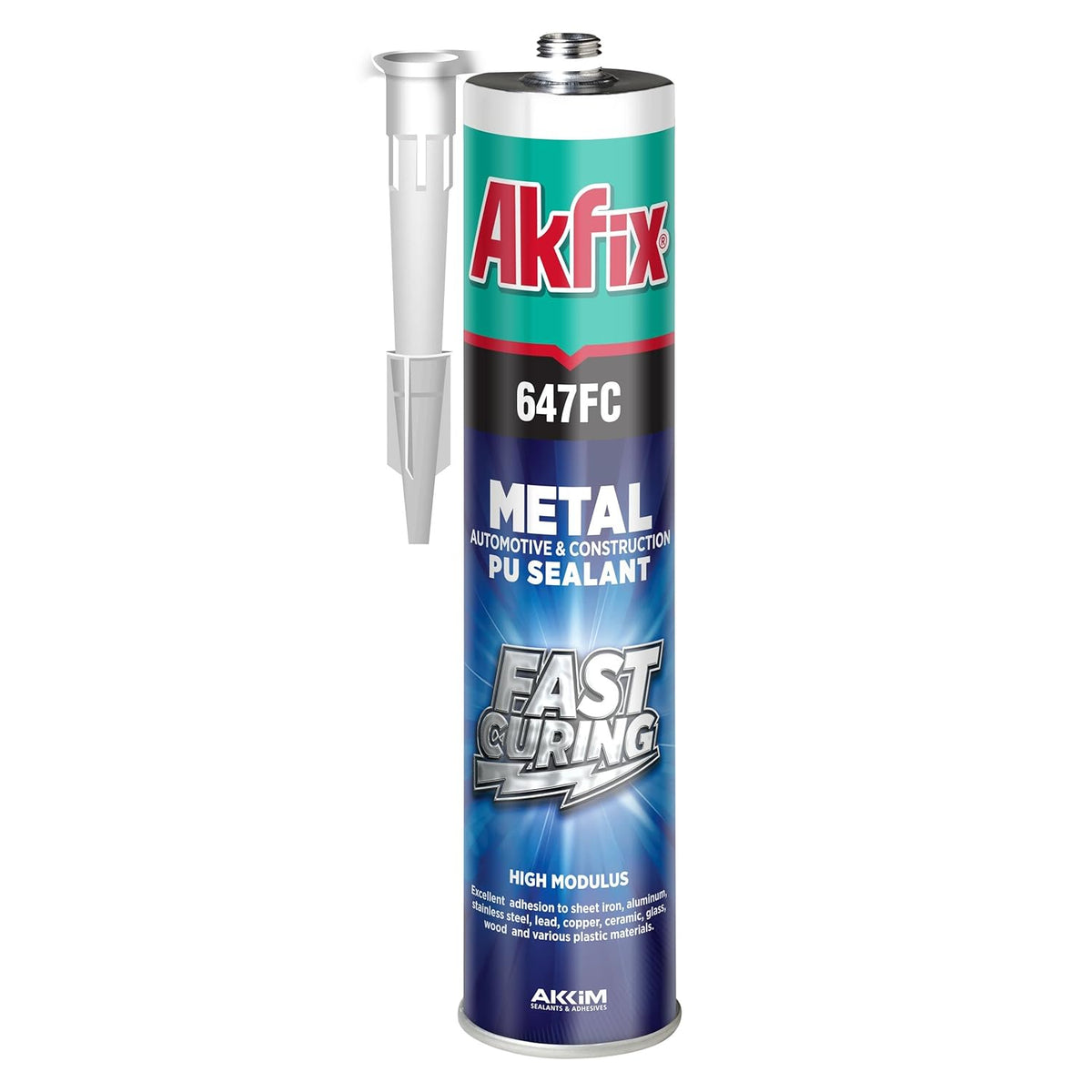FAQs About Adhesives and Glues ▶
Adhesives and glues are an essential part of DIY projects nowadays, besides having a place in the industry. Adhesives and glues are mixtures found in liquid, semi-liquid, or solid forms and can join different types of surfaces. There are various kinds of adhesives that have specific areas of use.
Types of Adhesives
Adhesives and glues are a big family with many types found. Their method of adhesion, raw materials, and adhesive materials are the main ways to categorize them. Reactive adhesives and non-reactive adhesives are the groups defined by the adhesives’ method of binding.
When it comes to the differences in the raw materials, adhesives can be grouped as natural adhesives or synthetic adhesives.
Construction Adhesive
Construction adhesives are typically sold in tubes or cans with a caulking gun. It has a thick pasty structure and can be water or solvent-based. Construction adhesives dry within a day after it is applied and are likely to stay flexible after drying. Many DIY projects require a construction adhesive rather than other adhesives and glues because it has a strong formula that helps bind many different substances.
What is Construction Adhesive Used For?
Choosing the correct construction adhesive for your project may be confusing because different types may function well under different conditions. For example, waterproof construction adhesives are used on wet surfaces, whereas some construction adhesives cannot withstand moisture or temperature change.
Typically, construction adhesive is a perfect choice when you need a strong multi-surface adhesive. It can be used to attach steel items, tile, drywall, flooring, or molding to ceilings, walls, and floors.
Is Construction Adhesive the Same as Glue?
No, it is not. A construction adhesive is different from glue. Among other adhesives and glues, wood glue can be considered similar to construction adhesive. You may think that you can use them interchangeably because a construction adhesive is also used on wood. However, a construction adhesive is weaker than wood glue, and it can shatter when exposed to pressure. Moreover, a construction adhesive is not thin enough to fill in the holes of the wood, which is an essential function of wood glue.
Epoxy Adhesives
Epoxy adhesive glue is a popular member of the big adhesive and glues family. It is comprised of a mixture of resin and hardener. Typically, the two compounds are saved in different containers and blended before use. Many people choose it for DIY projects because they are highly strong and good at filling the gaps.
What is Epoxy Adhesive Used For?
If you need a strong bond resistant to high temperatures and chemical reactions after drying, epoxy adhesive can be the ideal choice when compared to other adhesives and glues. However, you must be careful with the heat when applying it first. They are widely used in industry and construction. Epoxy adhesives are used with various substrates. To repair a product made of fiberglass, an epoxy adhesive can work well. Likewise, it can replace the wood glue if needed in an urgent situation because it sets fast or can be used as a subsidiary adhesive to reinforce the wood glue.
Is Epoxy the Strongest Glue?
Epoxy is the strongest one among the other reactive adhesives and glues. Epoxy is strong and durable. It can resist chemicals, high temperatures, UV light, and impact.
Wood Glue
Among many adhesives and glues, wood glue is a strong-formula adhesive. The wood glue is for wood-to-wood bonding. There are different kinds of wood glue on the market but choosing the correct one for your DIY project enables you to finish it without a screw or a nail.
What is Wood Glue Made of?
Since there are many types of wood glue, there are various components from which wood glue can be made. However, three substances, a rubbery polymer polyvinyl acetate, the aliphatic resin, and polyurethane, are the common ingredients of the wood glue.
How to Choose and Use Wood Glue?
Finding the best wood glue among adhesives and glues can be confusing, but you can overcome the problem by following some steps.
Find the Correct Wood Glue
There are types of wood glues that are not resistant to water; therefore, if you are building an outdoor wood-based project, choosing a waterproof glue will be better. You can find large-size wood glues on the market since woodworking generally requires large surfaces. However, if you will not work on a large surface in a short time, do not prefer economy-size wood glue bottles. That is because, in two years, wood glues will not have the same bonding performance.
How to Apply the Wood Glue Properly?
You need a G-clamp to press the pieces of wood together after applying the glue to the surface. Ensure the glue is spread into a thin layer instead of just running a bead. Some types of wood glues take a long time to cure, while others may dry in minutes. You can remove the clamp in an hour. However, do not put stress on the joint for about a day.
Silicone Adhesives
Among the adhesives and glues, silicone adhesives, which are resistant to heat and chemicals, have a big share of the market.
What is Silicone Glue Used for?
Silicon glue with a silicon glue gun is a perfect choice for DIYers. It is used in many bonding applications with various materials, including plastic, metal, and glass. Via a silicone gun, silicone glue is used to seal off cracks, gaps, or breaks, and it is very good at this job. It is one of the most common types of adhesives and glues used in home repairing projects. Since it is capable of withstanding high or low temperatures and moisture and is water-resistant, it is mainly preferred to seal glass windows in buildings or to seal the gaps between the frames and glass windows. Moreover, it is used in manufacturing electronic devices or appliances.
Is Silicone Adhesive Waterproof?
Due to the oxygen and silicon atoms in it, the silicone glue is waterproof besides being resistant to extreme weather conditions.
Is Waterproof Silicone Glue Removable?
Yes, it is. Without a specific adhesive remover, you can remove and replace the silicone glue following some simple steps. The first way to remove it is to heat the silicon with a heat gun. If you do not have a heat gun at home, you can use a blow dryer that will function well, too. When you heat the silicone, it softens. Then, you can use a chisel, a blade, or a sharp knife to scrape and clear the silicone glue.
Another way to soften the glue is to use a softening agent. There are different kinds of agents you can find on the market; however, vinegar is the easiest one to find, and it works perfectly for this job. The only thing you need to do is to apply the vinegar to the silicone and wait. After it softens, you can scrap it.
Is Silicone The Same As Glue?
No, it is not entirely the same. Despite being one of the most preferred ones among the adhesives and glues, silicone glue is not as durable as other kinds of adhesives.
Super Glue
Super glue, or cyanoacrylate as it is known in the industry, is composed of acrylic monomer, which turns into a plastic form after curing. It dries immediately after application and forms very strong bonds.
What Can Super Glue be Used for?
Among the adhesives and glues family, super glue is a very fast-setting one that can resist high temperature and moisture. Besides, it can be applied on various kinds of surfaces such as ceramic, metal, wood, glass, paper, or leather, and it is good at repairing the cracks or breaks of them.
Pros and Cons of Super Glue
There are both advantages and disadvantages of using super glue.
- Super glue bonds perfectly in a very short time. So it saves a lot of time for you.
- As well as being fast, it is clear.
- Super glues are much stronger and more durable than many other kinds of adhesives and glues.
- The super glue can resist moisture, water, and temperature.
- It can be applied to many different types of surfaces, indoors or outdoors.
- Appling a super glue is simple since you do not have to form a mixture before using it. It is ready use.
Cons
- Its shelf-life is short. You must buy it when you need it.
- Drying fast, which is the most distinctive feature of the super glue can sometimes be a disadvantage. This is because the user has a very short time to do things correctly.
- If you are working on large surfaces and need plenty of adhesive, it will not be the correct choice for you because using it in large amounts will cost much.
- It is not resistant to sudden impacts and may shatter easily when exposed to it.
- It is not good at sealing off the gaps. Therefore, if you need to fill in some irregular gaps between two surfaces, you need to choose another one among the adhesives and glues.
Spray Adhesive
Spray adhesive is a low viscosity glue that is applied via an aerosol can in which it is stored. There are different types of spray adhesive which are used for different types of applications.
It is suitable for use on large surfaces because it creates a coat in very little time, a specific feature that many other types of adhesives and glues do not have.
What is Spray Adhesive Used for?
Various types of spray adhesives can be found for various specific uses on the market. For applications with materials such as rubber, metal, timber, fabric, and photos, spray glue can be used efficiently. Spray adhesives allow the user to take his time to place the materials well; therefore, spray adhesives for fabric mending are popular among DIYers.
Likewise, many users prefer spray adhesive for paper applications because the user can avoid wrinkling the paper when working with a spray adhesive. Moreover, the spray adhesive is commonly used in the construction industry as a first step adhesive to position the pieces correctly before being fixed.
Tips For Spray Adhesives
Since spray adhesive is sprayed out in a mist, the user may breathe it in. For that reason, you must be in a well-ventilated place when applying the spray adhesive. To achieve the best bonding, spraying both surfaces and adhering them together will help. You should shake the can before use and keep a 20 cm distance from the surface that you will apply the spray.
Craft Glue
Craft glue is the safest type among adhesives and glues and is the most used for kids. It is water-based, colorless, odorless, and non-toxic.
What is Craft Glue Used For?
Craft glue for paper and craft glue for fabric is commonly used in school art projects since it is safe to be used by children. Moreover, any wood, paper, plastic, or foam crafting projects can be listed as craft glue uses by users of any age.
What is the Best Glue for Kids Crafts?
Polyvinyl acetate glue, known as white craft glue, is the best for children because it is non-toxic, safe, and easy to use.
What is the Difference Between Adhesive and Glue?
People tend to use the names adhesives and glues interchangeably; however, they are not the same. Whereas adhesive is the general term including all types of glues and adhesives, glues are a sub-branch generally in liquid form. Adhesives, on the other hand, can be in liquid, solid, or gel forms. Moreover, adhesives are synthetic materials made from chemical substances, while natural resources are more preferred for producing a type of glue.
What is Adhesive Glue Used For?
Adhesives and glues are used to bond different materials together.
How do Adhesives Bond Two Surfaces Together?
While joining two different substances together by using adhesives and glues, a smooth bond is created. This bond is formed when the adhesive is cured via time, heat, or pressure or when a kind of solvent in it evaporates. To summarize the process, we can say that there are three ways to form a bond between the two things which are stuck together: electrostatic attraction, a physical bond, or a chemical reaction. When you stick two separate things together with an adhesive, electrostatic forces work to create a bond. Or a physical, mechanical bond is formed between the adhesive and the surface. The last option is that a chemical reaction creates the bonding between the substrate and the adhesive.
What is the Synonym of Adhesive?
Glue is the most known synonym of the word adhesive. Mucilage, cement, and paste are other terms used interchangeably for adhesive.
Adhesives and glues are a big family. There are many different adhesives and glues, and each can be used for different aims. We hope that our article will help you find the one for your project and wish you lots of fun while doing it.

